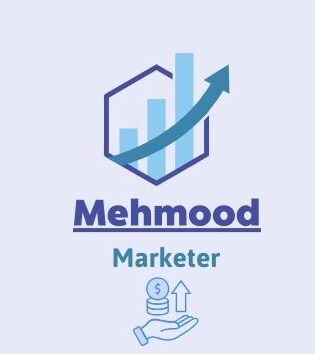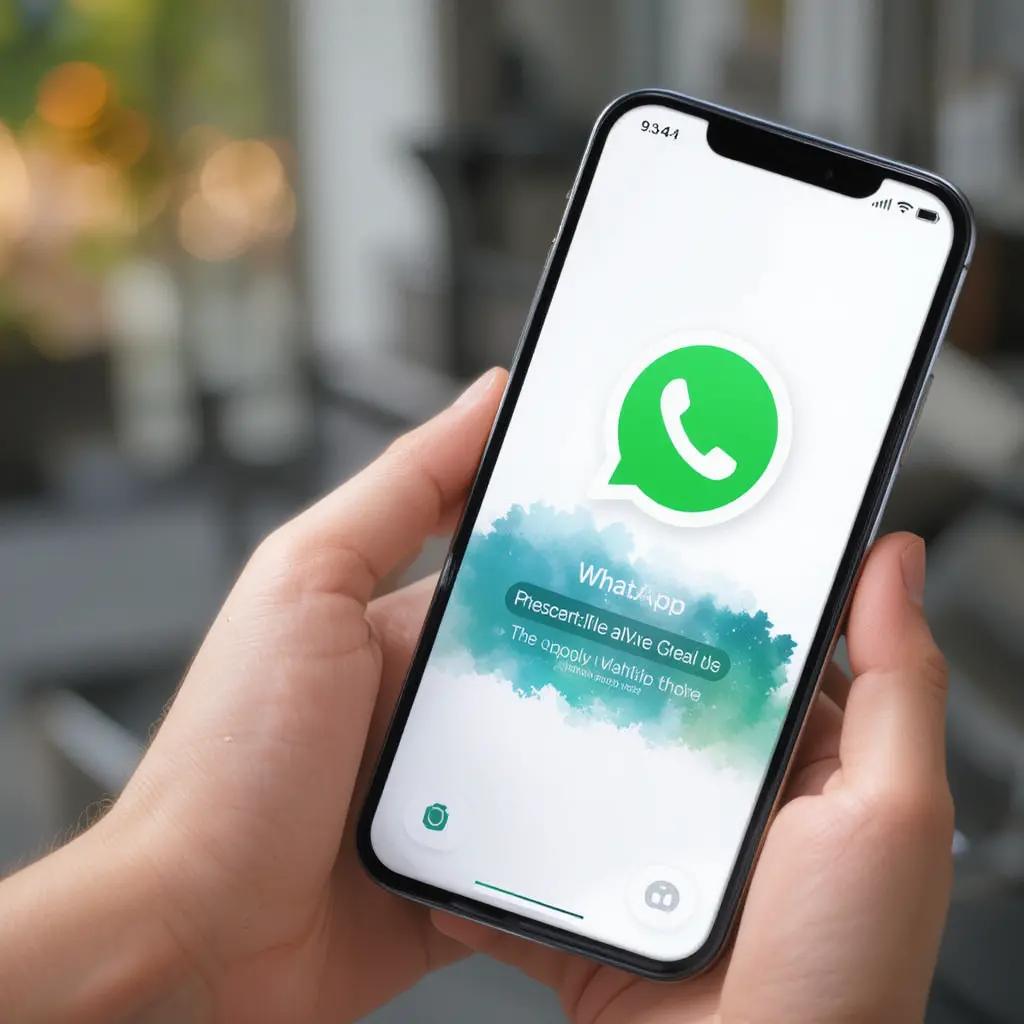What is WhatsApp Marketing? Strategies for Business Success:
Outline:
Introduction:
- Overview of WhatsApp Marketing
- Importance of WhatsApp as a Marketing Tool
Understanding WhatsApp Marketing:
- Definition of WhatsApp Marketing
- Key Features of WhatsApp for Business
Why Use WhatsApp for Marketing?
- High User Engagement Rates
- Global Reach and Accessibility
- Cost-Effective Communication
Setting Up WhatsApp for Marketing
- Creating a Business Account
- Optimizing Your Business Profile
- Understanding WhatsApp Business API
WhatsApp Marketing Strategies
- Building a Contact List
- Personalization in Messaging
- Automation and Chatbots
- Multimedia Content Marketing
Best Practices
- Maintaining Professionalism
- Timing Your Messages Effectively
- Avoiding Spammy Behavior
Examples of WhatsApp Marketing Campaigns
- Successful Case Studies
- Lessons Learned from Brands
Benefits of WhatsApp Marketing
- Improved Customer Engagement
- Enhanced Customer Support
- Increased Conversion Rates
What are Challenges
- Privacy Concerns
- Message Fatigue Among Users
- Regulatory Restrictions
Future of WhatsApp Marketing
- Trends to Watch Out For
- Integration with Other Platforms
Conclusion:
- Recap of Key Points
- Final Thoughts
FAQs:
- Differentiate between WhatsApp and WhatsApp Business?
- Is WhatsApp Marketing suitable for small businesses?
- How can I measure the success of my WhatsApp campaigns?
- What are the costs associated with WhatsApp Business API?
- Can WhatsApp Marketing work without paid advertisements?

Introduction:
What is WhatsApp Marketing? Strategies for Business Success. If you’re looking for an innovative way to connect with your audience, WhatsApp marketing might just be the secret ingredient. With billions of users worldwide, WhatsApp has become more than just a messaging app—it’s now a powerful tool for businesses to engage with customers. Let’s dive into what WhatsApp marketing is and how it can transform your business strategy.
Understanding WhatsApp Marketing:
Definition of WhatsApp Marketing:
WhatsApp Marketing refers to leveraging WhatsApp to promote products, services, or brand awareness. It involves using the app’s features to send personalized messages, share updates, and connect with customers in real time.
Main Points of WhatsApp for Business:
- WhatsApp Business App: Its designed for the small businesses, offering tools like quick replies, labels, and statistics etc.
- WhatsApp Business API: Ideal for larger enterprises to integrate automated messaging and CRM systems.
Why Use WhatsApp for Marketing?
High User Engagement Rates:
Unlike emails or other platforms, WhatsApp messages boast an astounding open rate of 98%. It’s a direct and personal way to grab attention.
Global Reach and Accessibility
With users spanning over 180 countries, WhatsApp enables businesses to tap into a global audience effortlessly.
Cost-Effective Communication
Forget hefty advertising budgets! WhatsApp lets you communicate with your audience effectively and affordably.
Setting Up WhatsApp for Marketing:
Creating a Business Account
Download the WhatsApp Business app and set up a dedicated profile for your business.
Optimizing Your Business Profile
To ensure your profile including essential details like your business name, address, website, and operating hours these things are necessary.
Understanding WhatsApp Business API
For advanced marketing, integrate the API for features like automated responses, analytics, and bulk messaging.
WhatsApp Marketing Strategies:
Building a Contact List
To start building contacts by encouraging customers to opt-in to receive updates. Use i.e. QR codes, website forms, or social media promotions to grow your list.
Personalization in Messaging
Customers love a personal touch. Use their names and tailor messages to their preferences that is also essential.
Automation and Chatbots
Streamline responses with chatbots, ensuring customers receive instant replies.
Multimedia Content Marketing:
Make use of images, videos, and voice notes to make your messages more engaging and interactive.
Best Practices for WhatsApp Marketing:
Maintaining Professionalism
While WhatsApp is informal, your messages should still reflect your brand’s professionalism.
Timing Your Messages Effectively
Nobody likes late-night pings. You have to Send messages at time when your audience is mostly active.
Avoiding Spammy Behavior
Stick to value-driven messages. Spammy tactics can lead to users blocking your number.
Examples of WhatsApp Marketing Campaigns:
Successful Case Studies
Brands like Netflix and KLM Airlines have used WhatsApp to deliver personalized customer experiences.
Lessons Learned from Brands
Consistency, creativity, and customer-centric approaches are the pillars of successful campaigns.
Benefits of WhatsApp Marketing:
Improved Customer Engagement
WhatsApp creates a two-way communication channel, building stronger relationships.
Enhanced Customer Support
Resolve customer issues swiftly through real-time conversations.
Increased Conversion Rates
A personalized message can turn leads into loyal customers.
Challenges in WhatsApp Marketing:
Privacy Concerns
Users may hesitate to share personal information due to privacy fears.
Message Fatigue Among Users
Overloading customers with messages can backfire.
Regulatory Restrictions
Be aware of the legal guidelines governing WhatsApp usage in your region.
What is the Future of WhatsApp Marketing?
Trends to Watch Out For:
- AI-driven chatbots for smarter responses.
- The advanced analytics for better campaign insights will be better.
Integration with Other Platforms
Expect tighter integrations with CRM systems and social media channels.
Conclusion:
WhatsApp marketing is more than just a trend; it’s a game-changer for businesses looking to foster meaningful connections. By utilizing its features wisely, you can transform customer engagement and boost your brand’s success by following above steps. Start small, stay consistent, and watch your business thrive for better results!
FAQs:
1. What is the difference between WhatsApp and WhatsApp Business?
WhatsApp could be for personal use, while the WhatsApp Business provides you the features tailored for businesses, such as automated replies and analytics.
2. Is WhatsApp Marketing suitable for small businesses?
Absolutely! It’s cost-effective and perfect for small businesses to connect with their audience.
3. How can I measure the success of my WhatsApp campaigns?
Use tools like click-through rates, response rates, and conversion tracking to gauge success.
4. What are the costs associated with WhatsApp Business API?
The API pricing depends on factors like message volume and service providers. It’s usually a pay-per-message model.
5. Can WhatsApp Marketing work without paid advertisements?
Yes, organic strategies like personalized messaging and building customer relationships are highly effective.

